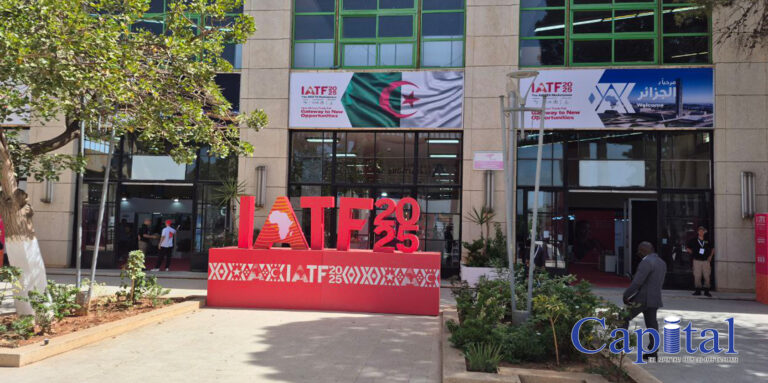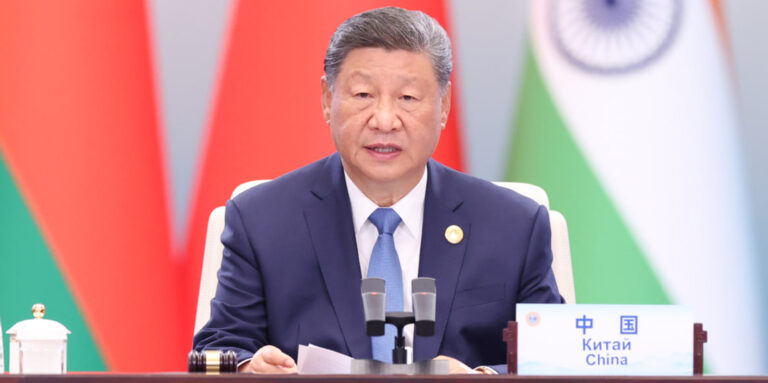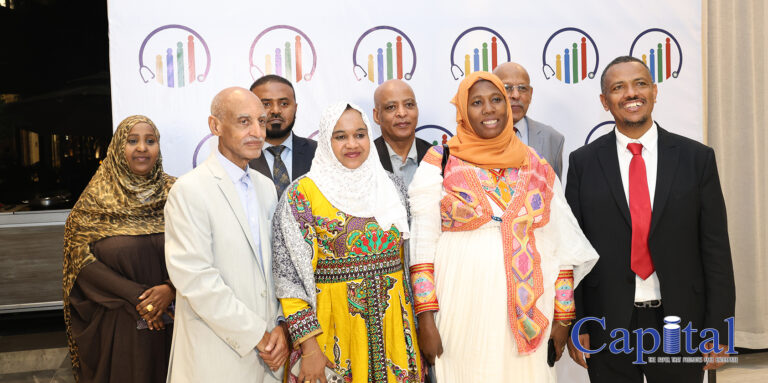The Grand Ethiopian Renaissance Dam (GERD) stands as one of the most ambitious and transformative infrastructure projects in Africa’s modern history. Perched majestically on the Blue Nile River, this colossal dam promises to be a beacon of progress, development, and regional integration—provided it is managed with wisdom, foresight, and cooperation. For Ethiopia, the GERD represents not just a source of clean energy but a foundational pillar for economic growth and poverty alleviation. For the surrounding region, it offers unprecedented opportunities for stability, development, and shared prosperity. Yet, these immense benefits hinge critically on Ethiopia’s ability and willingness to harness the dam with judicious planning and equitable partnerships.
First and foremost, the GERD is poised to revolutionize Ethiopia’s energy sector. With an installed capacity exceeding 6,000 megawatts, it is set to double the nation’s current electricity production, dramatically expanding access to power for millions of Ethiopians who have hitherto lived without reliable electricity. Access to electricity is a cornerstone of modern development—it transforms education, healthcare, industry, and business. The dam’s energy output will catalyze industrialization, enabling Ethiopia to move beyond a primarily agrarian economy to a more diversified, manufacturing-led growth path. This in turn will create jobs, raise incomes, and expand the tax base that funds social services.
Moreover, the GERD’s capacity to deliver clean hydropower aligns perfectly with global imperatives to combat climate change. Ethiopia’s commitment to renewable energy advances a sustainable development model that mitigates reliance on fossil fuels while addressing its own environmental vulnerabilities. This strategic positioning could also attract climate-friendly investments and green finance, further accelerating national development.
Regionally, the GERD offers an opportunity to redefine water resource management on the Nile Basin. Historically, the Nile waters have been a source of tension among Ethiopia, Sudan, and Egypt, owing to complex colonial-era treaties and competing downstream needs. If managed transparently and collaboratively, the dam could shift these dynamics from conflict to cooperation. The regulated flow of water from the dam can reduce devastating floods downstream, provide reliable irrigation support to boost agricultural productivity, and ensure water availability during periods of drought. Sudan, for example, stands to benefit from reduced flood damage and improved electricity imports, creating incentives for constructive partnerships.
Equitable sharing of the GERD’s benefits, however, requires trust-building and clear frameworks for water management. Mechanisms that guarantee transparent data sharing on dam operations, flow rates, and reservoir levels will prove essential. Robust regional agreements must balance Ethiopia’s sovereign right to develop its resources with downstream states’ legitimate water needs. This spirit of cooperation could serve as a blueprint for transboundary water governance across Africa, fostering peace and shared prosperity.
The hydropower generated by GERD also has the potential to stimulate power trade across the Horn of Africa and beyond. Regional power pools can optimize electricity generation and distribution, stabilizing supply and lowering costs. For instance, surplus power from Ethiopia could be exported to energy-deficient neighbors, strengthening economic ties and building interdependence that undergirds political stability. Ambitious cross-border infrastructure projects — power lines, substations, and transmission corridors — will be crucial complements to GERD’s success.
Despite its promise, the dam is not without challenges that require prudent management. Environmental considerations near and around the reservoir must be carefully addressed to prevent negative ecological impacts. Resettlement of affected communities should be conducted with fairness and transparency to avoid social grievances. Furthermore, Ethiopia must invest substantially in its national electricity grid and distribution systems to maximize the dam’s benefits internally.
Financial sustainability is another key facet. While much of the initial funding has come from Ethiopian citizens and institutions, continued investment in maintenance and infrastructure is essential for long-term operation. Harnessing revenues from electricity sales to reinvest in infrastructure and community development will be fundamental.
Importantly, the GERD’s potential will only be fully realized if Ethiopia embraces inclusive governance and strategic planning. National-level policies must ensure that the dam’s benefits extend beyond urban centers to rural, underserved populations. Proactive capacity building in technical, managerial, and regulatory domains will optimize dam operations and water use efficiency.
The Grand Ethiopian Renaissance Dam encapsulates the aspirations of a nation and a region for sustainable growth, energy security, and shared prosperity. It is a powerful symbol of how major infrastructure projects, when wisely stewarded, can unlock national potential and forge regional solidarity. By prioritizing transparent governance, regional cooperation, environmental stewardship, and inclusive development, Ethiopia can lead a transformative pathway for the Horn of Africa. The GERD is not just a dam — it is the cornerstone of a new era, the renaissance of Ethiopia and a hopeful testament to Africa’s ability to rise and thrive in the 21st century. The task ahead is immense, but so too are the rewards for Ethiopians and their neighbors if the journey is navigated with wisdom and unity.






